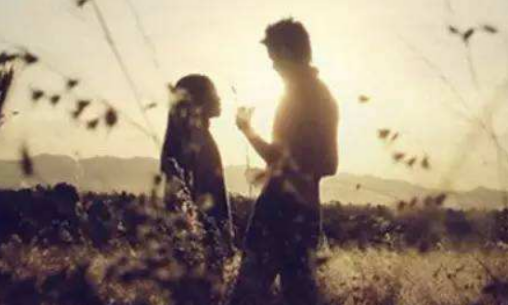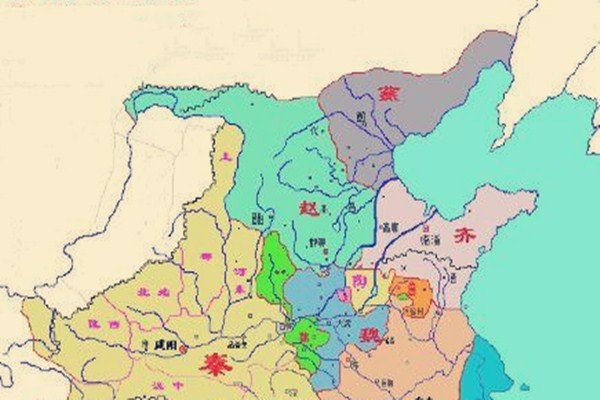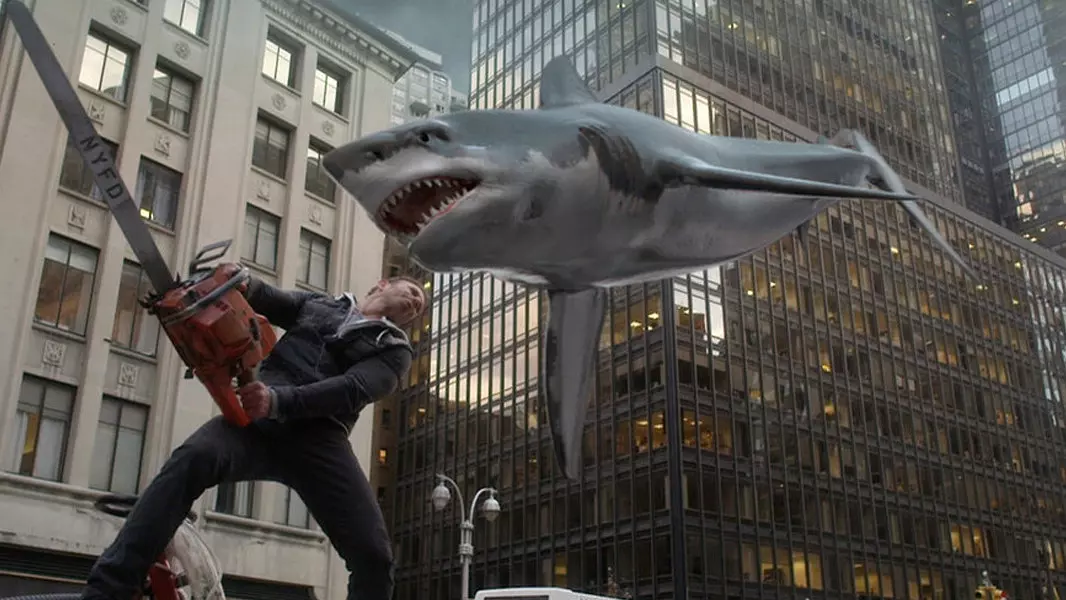
Keys: 1.B 2.C 3.D 4.A 5.CKeys: 1.B 2.A 3.A 4.A 5.DTask 2: The Improvement of Rice(S1) Research(S2) genes(S3) journal (S4) warn (S5) productivity.(S6) grow(S7) survival. (S8) Plant breeders have already used preliminary information from the rice genome to create experimental strains of rice that better resist cold and pests.(S9) The new map could better explain more than just rice. Rice shares a common ancestor with other cereal crops.(S10) While significant progress has been made in the analysis of the rice genome, the mapping of human genes is also making headway. Keys: 1.A 2.B 3.C 4.B 5.CSusan: With so many people suffering from malnutrition around the world, why are people protesting against genetically modified foods?Chris: Some people are protesting about genetically modified foods, but even more people are protesting the fact that processed foods containing these ingredients aren’t labeled.Susan: But why should they be labeled?Chris: Not everyone is sure that genetically modified foods are safe. They want to be certain that biotech foods have the sme composition as organic foods.Susan: But there are more urgent problems in this world. Many people are dying of starvation.Chris: But those who aren’t starving may want genetically modified foods to be labeled so they know what foods they should andd shouldn’t eat.Susan: You know, I heard of a genetically modified fish that grew to be ten times its normal size.Chris: That sure sounds abnormal.Susan: Yeah, it does sound a bit strange , but that fish could feed ten times as many people.Chris: You’re right; genetically modified food might help solve world hunger. But I think we have a right to know what we are eating.MODEL2 Do you think the cloning of humans should be forbidden by law?ScriptSusan: After the cloning of Dolly the sheep, I think human cloning is next.John: Whoa. I have some reservations about it. There are stll many scientific problems to solve before human cloning starts.Susan: There’s an easier way. The Clonaid Company says they’ve cloned humans.John: Oh, my God! These guys claim aliens from another planet taught them humancloning.Susan: A woman gave them half a million dollars to clone her dead daughter.John: Clearly that woman doesn’t know much about cloning. How risky it is!Susan: I know it’s inefficient. It took 276 tries to produce Dolly. But why is it risky?John: Cloned animals grow abnormally large and age unnaturally fast.Susan: In other words, that woman may not be happy with her cloned daughter.John: Then there are the emotions. No one knows if cloning damages the mind.Susan: Do you think the cloning of humans should be forbidden by law?John: To my mind, the cloning of human organs shouldn’t be prohabited. It may help solve medical problems.Susan: I see your point: cloning should be regulated if it’s to benefit humanity.MODEL3 Is it interfering with nature?ScriptNora: Some religious groups are opposed to genetic research. They believe it’s interfering with nature.John: I know. But nature can be pretty hard-nosed too, so we often need to interfere with her—we build dams to control flooding.Nora: There’re many diseases that are a part of nature, and they cause people a great deal of misery: cancer and diabetes, for example.John: A better understanding of the genetic code that controls our body would be a great help in curing many diseases.Nora: The project to map the human genetic code…what’s that called?John: The genome project. As you say, it has tremendous promise to make our lives better—just in the ability to identify and correct genetically-caused diseases like Alzheimer’s.Nora: Some diseases like cancer are also believed to have a genetic switch.John: That’s right, and once researchers identify the switch, perhaps they can turn off cancer or Alzheimer’s.Nora: People are also concerned that science will enable us to determine such qualities as intelligence and height.John: You know it’s going to happen—it’s just a matter of when.Nora: Imagine if everyone was a combination of Yao Ming and Albert Einstein.John: But what if they get it wrong, and you wind up with Yao Ming’s knowledge of nuclear physics and Albert Einstein’s height?Nora: All those religious groups would say that it served you right.Over 70% of U.S.consumers support biotechnology.In a recent referendum in Oregon, voters rejected a proposal to require special labels on all products containing biotech ingredients by an overwhelming 73% to 27%.Chinese scientists have used biotechnology to create a new type of tomato, which contains the vaccine against hepatitis B.This technology can be used to save lives,ease pain and suffering and improve the human condition.Keys: 1.A 2.B 3.C 4.C 5.DKeys: 1.T 2.T 3.F 4.F 5.TBioinformaticsScriptIt’s a complex name for a complex subject. Bioinformatics is the key to figuring out the wealth of information in the human genome project.Researchers have nearly mapped out all of the 30,000 genes that make up human DNA, but making sense of useful data is not easy.The company Double Twist is a pioneer in the business of bioinformatics.〔SOUND BITE〕 Double Twist works mainly with information that is also available to the public,sifting through data to find what may help link a biological problem like cancer, to its possible cure.〔SOUND BITE〕 The company then sells software and data to pharmaceutical companies, biotech companies, and academic institutions, which use them in their work. This provides a solution to help people better understand data from the human genome project.〔SOUND BITE〕 Bioinformatics speeds up drug development and provides more accurate research.〔SOUND BITE〕 Human Genome Sciences takes the process one step further. It uses bioinformatics to develop drugs using its own genomic information.〔SOUND BITE〕 Right now, Human Genome Sciences has four new drugs being tested that are the results of genomic research. Bioinformatics systems developed within the company played an important role in discovering these drugs.〔SOUND BITE〕 Bioinformatics can also bring much quicker returns for investors.〔SOUND BITE〕 Even though its role is crucial, bioinformatics if only a small part of the overall $305 billion biotech sector, accounting for only about $2.23 billion. But some investors believe that bioinformatics has great potential.〔SOUND BITE〕 So unless drug companies start developing their own bioinformatics systems or partner with companies that can provide them, they may get left behind in the race to discover new drugs.






















